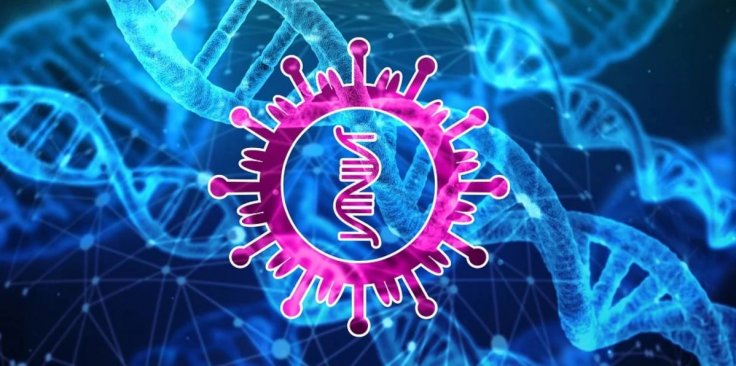As scientists around the globe race against time to find a vaccine for the fatal coronavirus, a new mutation strain of the virus found in India could derail the plan of developing a vaccine.
The global pandemic, rapidly inching towards the two million infection mark, has killed over 123,000 people since its origin in December last year.

With the entire world under lockdown and dwindling economies, the only hope against the virus is finding a vaccine capable of stopping its further spread.
Coronavirus spike protein's receptor-binding domain (RBD) mutates
A joint research conducted by scientists in Taiwan and Australia found that the strain of the virus found in India has undergone a change, threatening the development of a vaccine.
Research authors Wei-Lung of the National Changhua University of Education in Taiwan, and their counterparts from Murdoch University in Australia conducted the research. Presently under peer-review, the finding was published on site biorvix.org this weekend.

The study discovered that the newly-found structure targets cells with enzymes called ACE2 that is found in the lungs that also allows the SARS virus to infect people.
"The observation of this study raised the alarm that Sars-CoV-2 mutation with varied epitope [something an antibody attaches itself to] profile could arise at any time. This means current vaccine development against Sars-CoV-2 is at great risk of becoming futile," Science Times quoted the researchers as saying.
Mutation was found in January, but kept under wraps by India
According to the South China Morning Post, which reported the study first, the mutation of the strain was found in January by the National Institute of Virology based in the western Indian city of Pune.
The sample belonged to a patient from Kerala who had returned from Wuhan. The complete genome sequence of the new strain, which differs entirely from the ones identified in the Chinese city, was released by the Indian authorities last month. The delay in releasing the new details by nearly two months has raised eyebrows in the scientific community.

"A computer simulation shows that the receptor-binding domain (RBD) mutation that was not found in any other variants across the world, could remove a hydrogen bond from the spike protein. In the absence of this bond, the virus is less likely to bind to angiotensin-converting enzyme-2 (ACE2) that is found in the lungs and other organs," the research found.
So far, 3,500 mutations of the coronavirus have been identified by the China National Centre for Bioinformation since its identification in January.
The SCMP said: "There is real concern growing that thousands of strains sampled and sequenced are just the tip of the iceberg -- and great variety increases the risk that new strains will require new vaccines in the same way the flu virus does."








